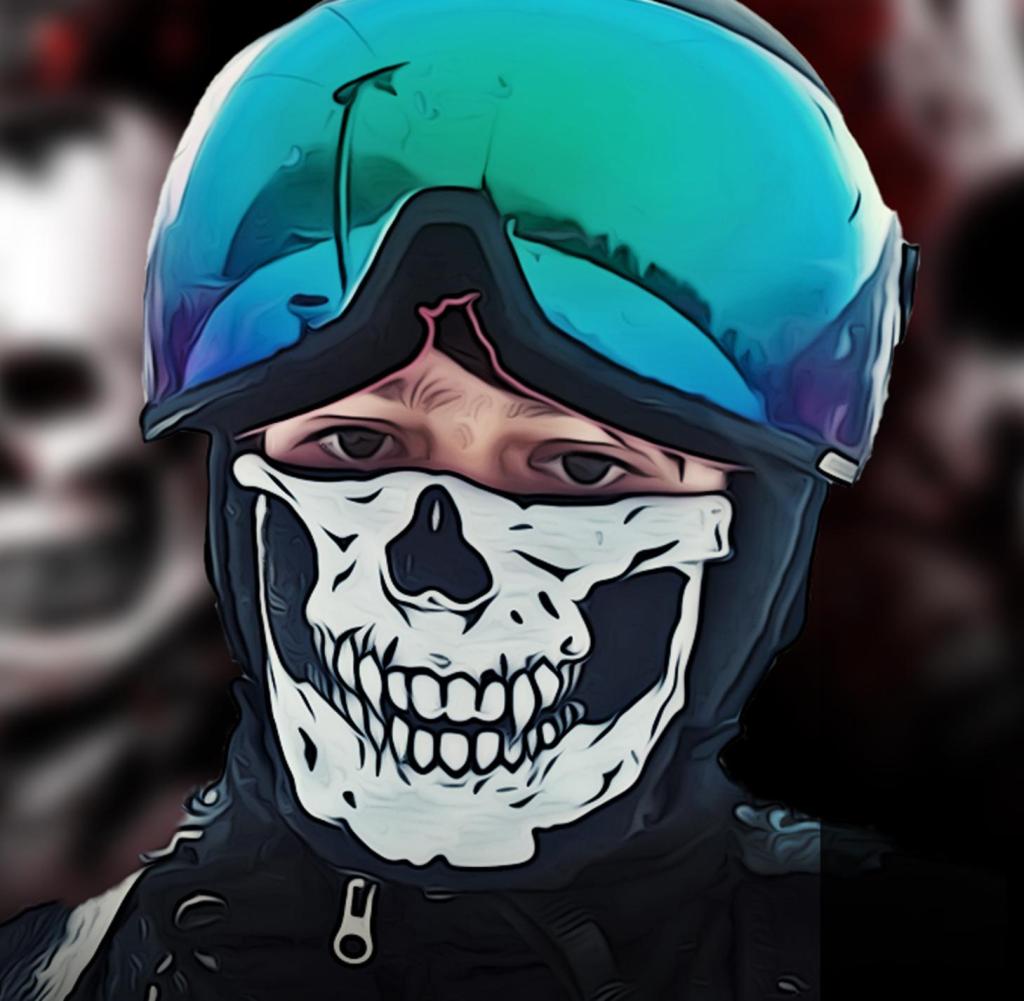13-year-old student spreads attack fantasies – police search room

According to their own statements, officials from the Federal Office for the Protection of the Constitution are increasingly coming across minors who express radical and violent expressions on the Internet
Source: picture alliance/Panama Pictures/Christoph Hardt
A 13-year-old student from Cologne is said to have glorified attacks on the Internet and posted instructions on how to make bombs. State police searched his room and found materials for making bombs. The Office for the Protection of the Constitution warns of an increase in young right-wing extremists.
DThe security authorities came across a 13-year-old boy on the Internet who was promoting attacks against migrants, Jews and blacks and spreading right-wing extremist ideas. The student from Cologne had founded a chat group on Telegram called “Feuerkrieg Division”, which several dozen colleagues joined. There he posted, among other things, instructions on how to make bombs and glorified the right-wing extremist bomber in New Zealand who stormed two mosques in 2019 and shot 51 people.
At the end of August, the Cologne police searched the boy’s room, according to information from the news magazine “Spiegel”. The state security officers found materials that could be used to make an explosive device, but no detonator. The student tried to make bombs, but was not yet successful, according to security circles. But perhaps there wasn’t much missing.
Because of his terrorist fantasies on Telegram, the Düsseldorf Public Prosecutor’s Office is also involved in the case. At 13 years old, however, the boy is not yet of criminal responsibility.
The case is a dramatic example of a trend that is worrying security authorities. Young right-wing extremists who adhere to the “Siege” ideology are banding together online. It is named after a book by a US neo-Nazi that became the guide for a right-wing terrorist subculture. Probably the best-known group of the global hate movement was the “Nuclear Weapons Division,” which emerged in the USA and also found followers in Germany.
The neo-Nazis in these right-wing extremist chat groups are often still very young, as the Federal Office for the Protection of the Constitution warns in its current annual report. Officials are increasingly coming across minors online who express themselves in a radical and violent manner, it says. Finding out who is behind their online profiles is “often only possible with great effort”.
Last year, WELT AM SONNTAG, together with the US media “Politico” and “Insider”, analyzed a global network of right-wing extremist teenagers.
The President of the Federal Office for the Protection of the Constitution, Thomas Haldenwang, warned at the time: It was no longer an exception that “minors advocate violence or even plan acts of violence themselves.” In Germany there is an “assassin fan scene,” Haldenwang told WELT AM SONNTAG, from which “imitations of right-wing terrorist assassins can develop.”


